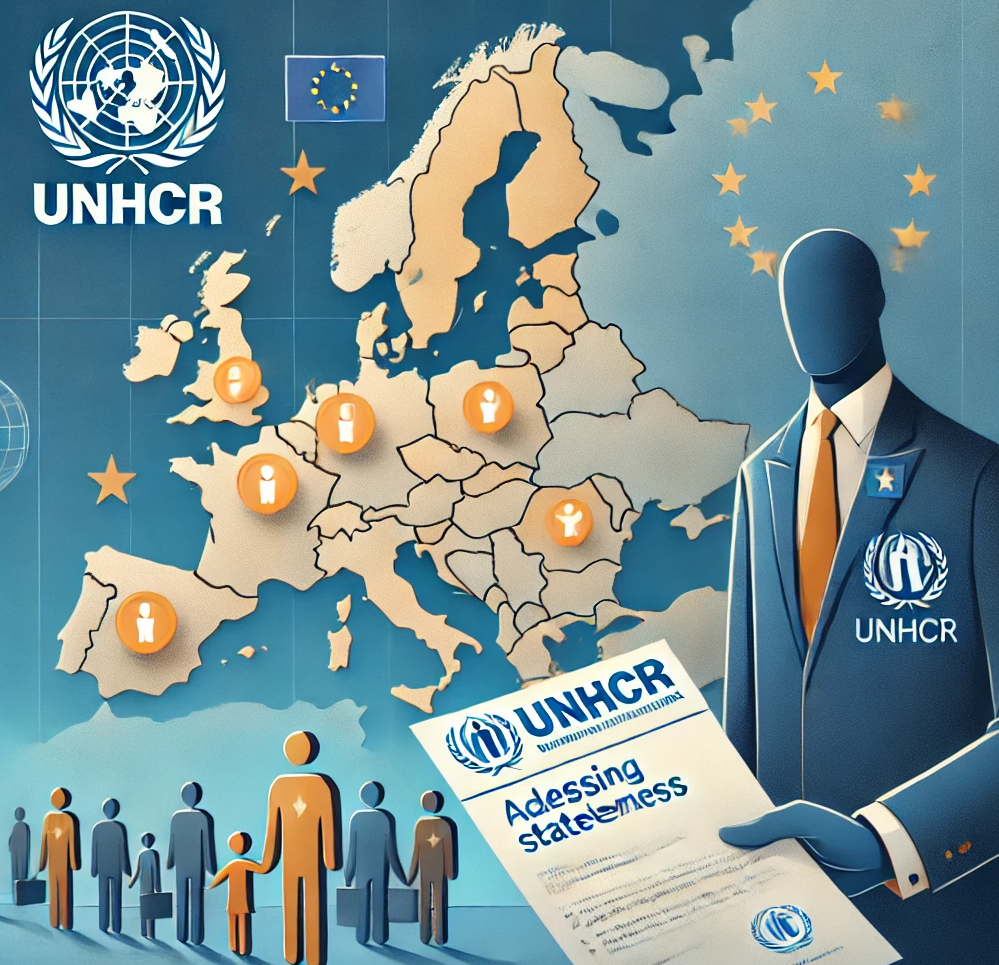Amid shifting political landscapes and ongoing displacement crises, the UNHCR’s third quarterly update for 2024 shines a spotlight on Europe’s progress and persistent challenges in addressing the needs of refugees, asylum seekers, and stateless individuals. Covering developments from July to September 2024, the report offers data, success stories, and policy gaps that demand urgent attention.
Steps Toward Ending Statelessness
Statelessness—a legal limbo that denies individuals basic rights—remains a pressing concern across Europe. The report highlights progress, including legislative reforms in Albania and North Macedonia, which introduced nationality determination procedures aligned with international standards. These steps have brought over 5,000 individuals closer to obtaining legal identity.
However, UNHCR notes that approximately 400,000 individuals remain stateless or at risk of statelessness in Europe, emphasizing the need for greater commitment to the #IBelong campaign, which aims to end statelessness globally by 2024.
Refugee Recognition and Protection
Positive trends emerged as 41% of asylum applications in Europe were granted refugee status or subsidiary protection during this quarter, a notable improvement from previous periods. However, this success is uneven. Countries such as Italy and Greece reported high recognition rates, while Hungary and Poland processed significantly fewer cases, raising concerns about equitable access to protection.
Access to housing remains one of the largest barriers for recognized refugees. Approximately 60% of newly recognized refugees reported difficulties finding stable accommodation due to discrimination and insufficient support systems. Employment integration also lags, with many refugees unable to enter labor markets due to language barriers and bureaucratic hurdles.
Emergency Responses
The humanitarian response to escalating crises in Ukraine, Syria, and Afghanistan dominated the quarter’s efforts. Over 40,000 new arrivals were recorded across Europe, with the majority seeking safety in frontline states such as Romania, Poland, and Germany.
Temporary shelters established in countries like Romania and Moldova provided immediate relief. However, UNHCR expressed concern over funding gaps, which have limited the ability to transition from emergency aid to long-term solutions.
For the full report and detailed insights, visit the UNHCR Europe Quarterly Update Q3 (July–September 2024).




